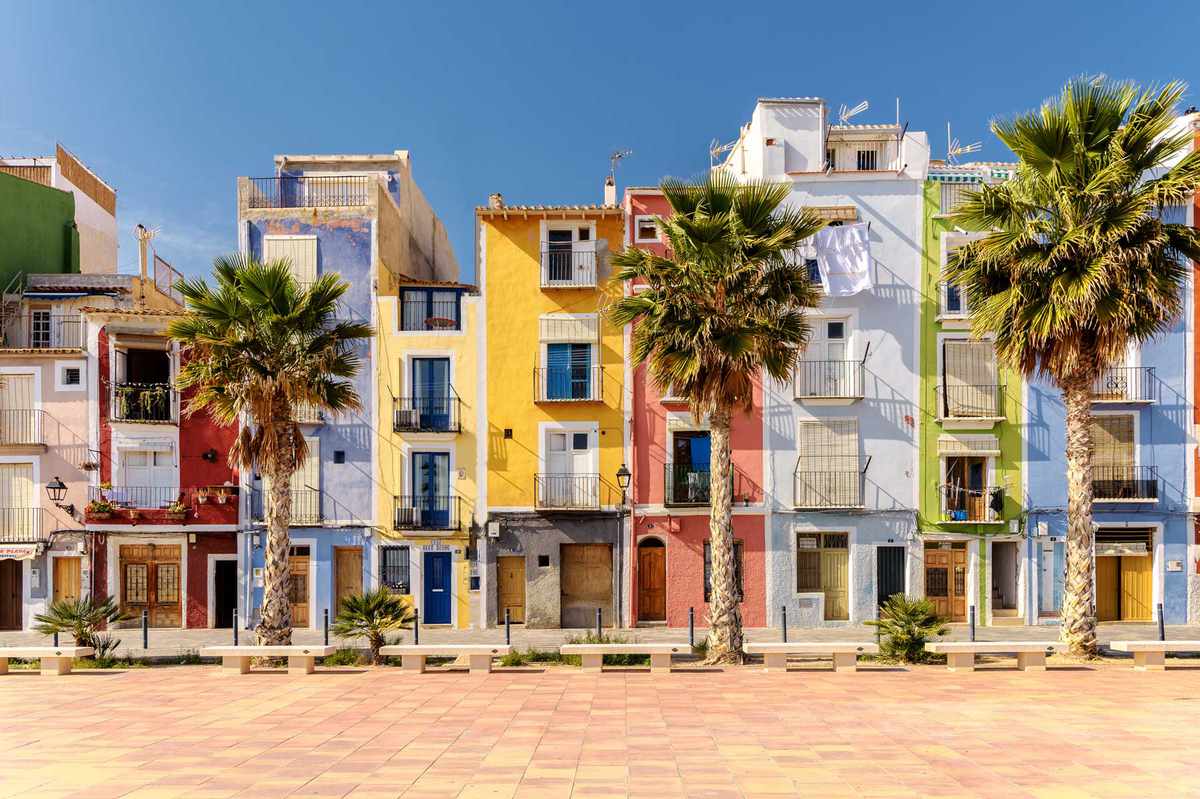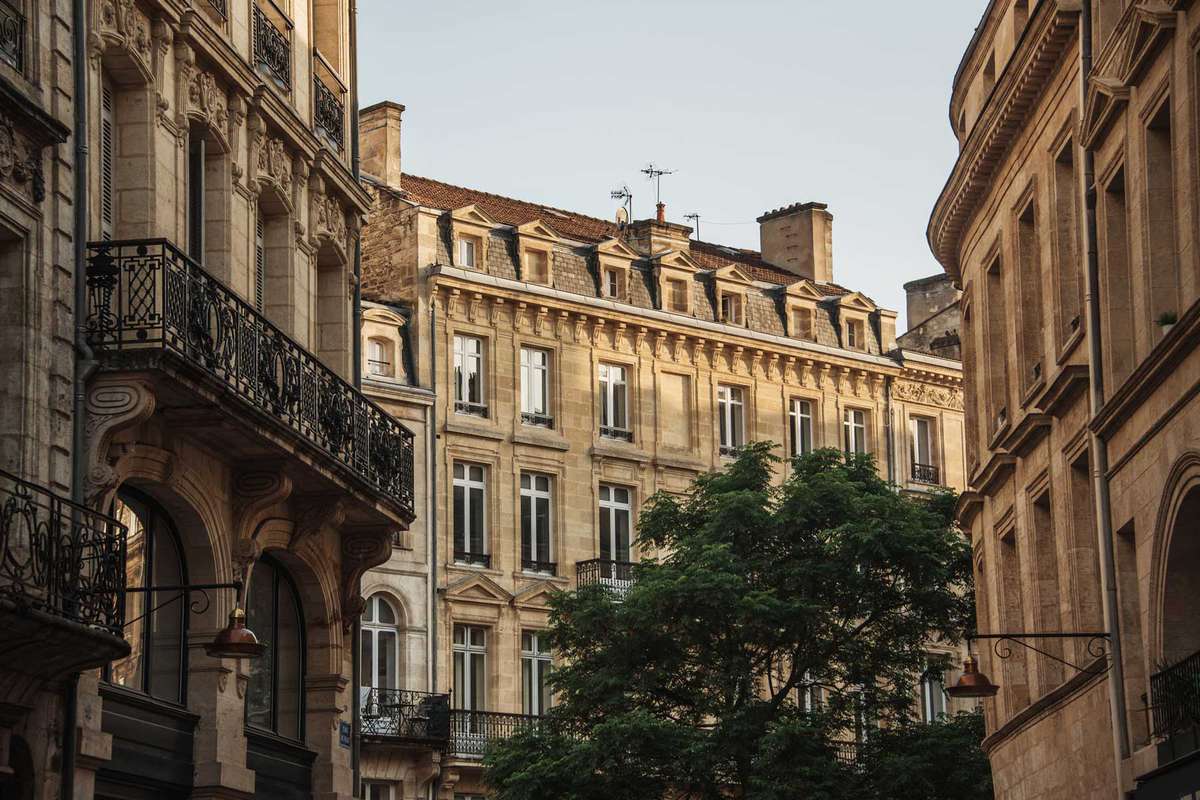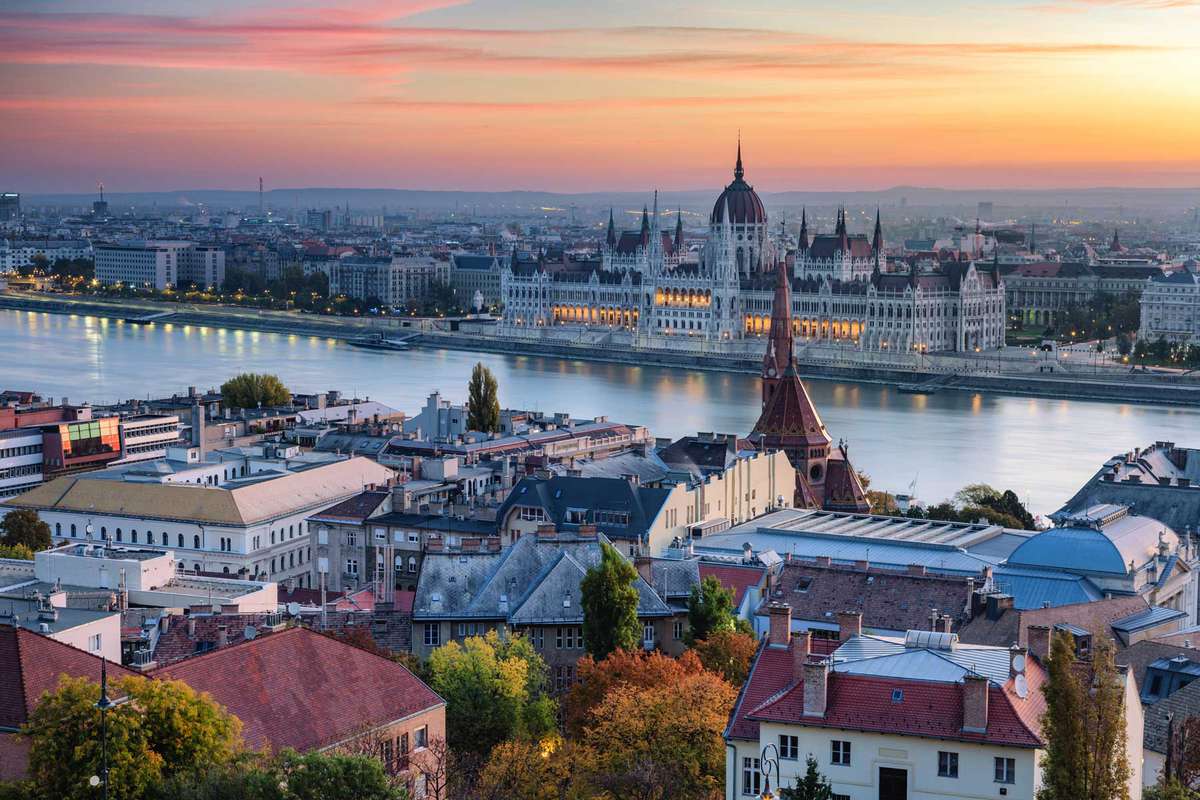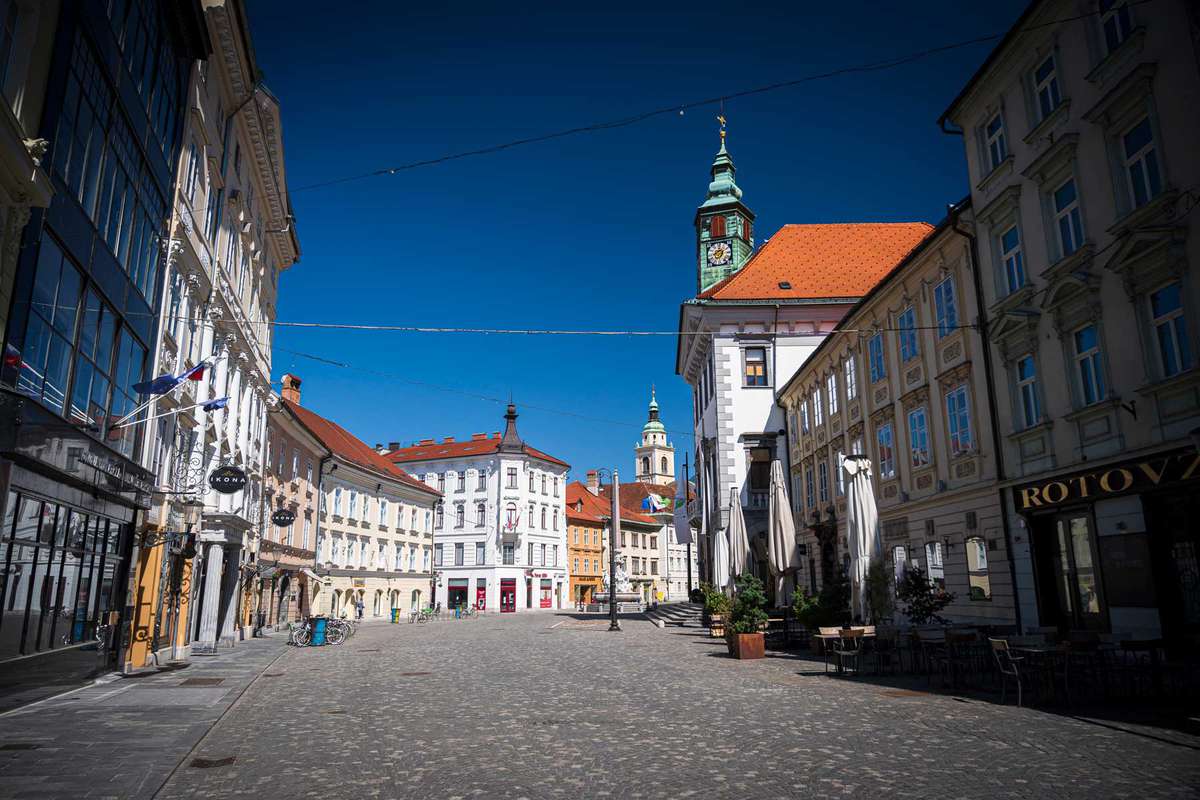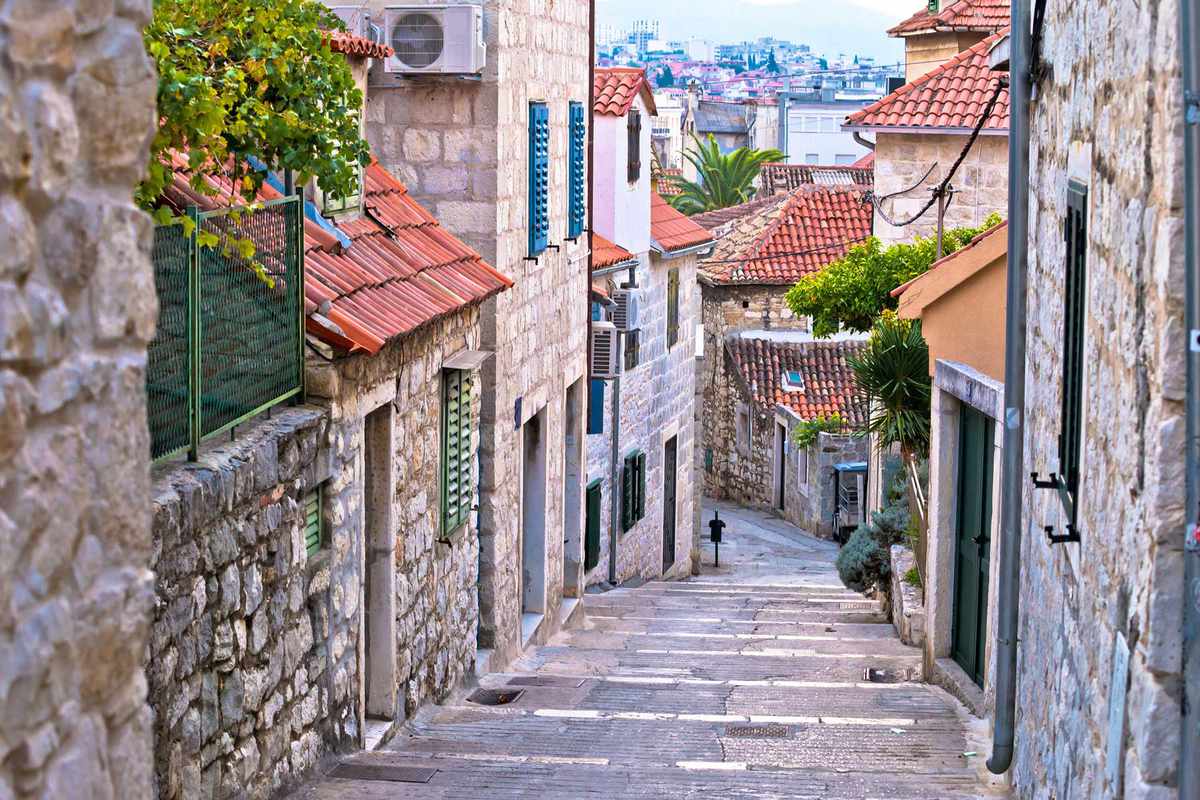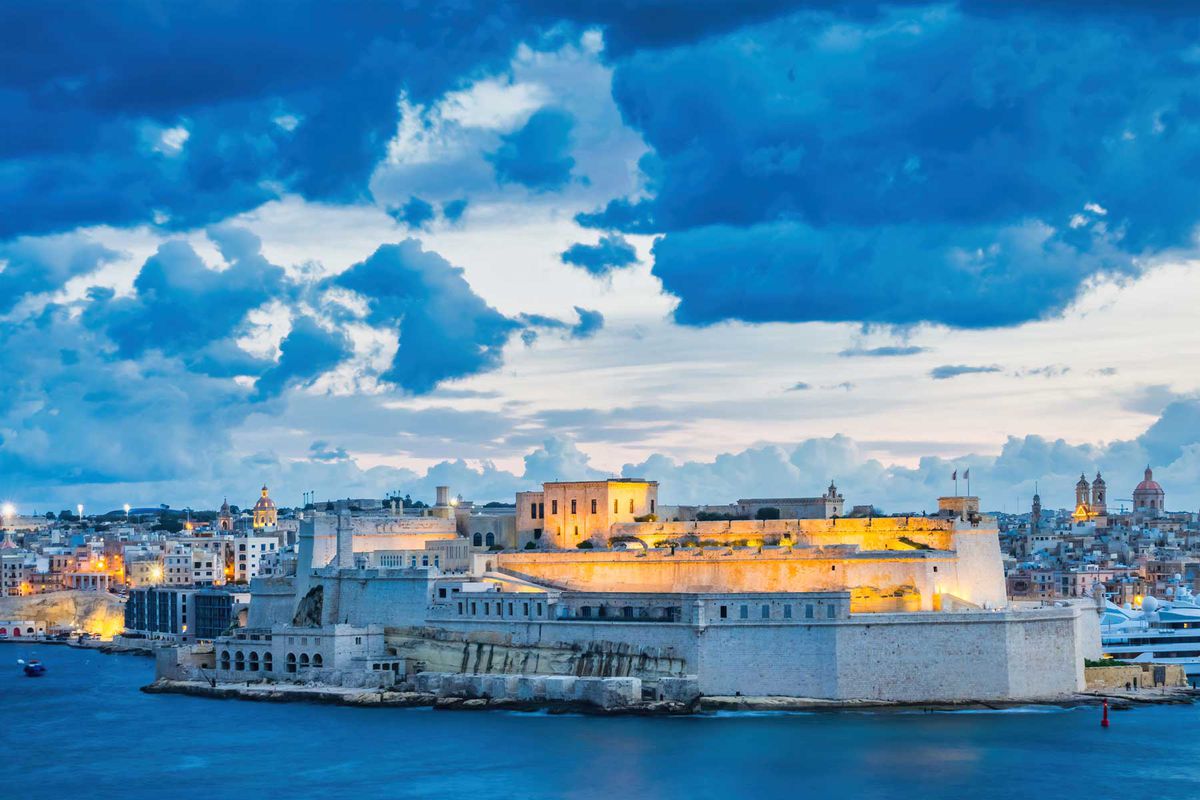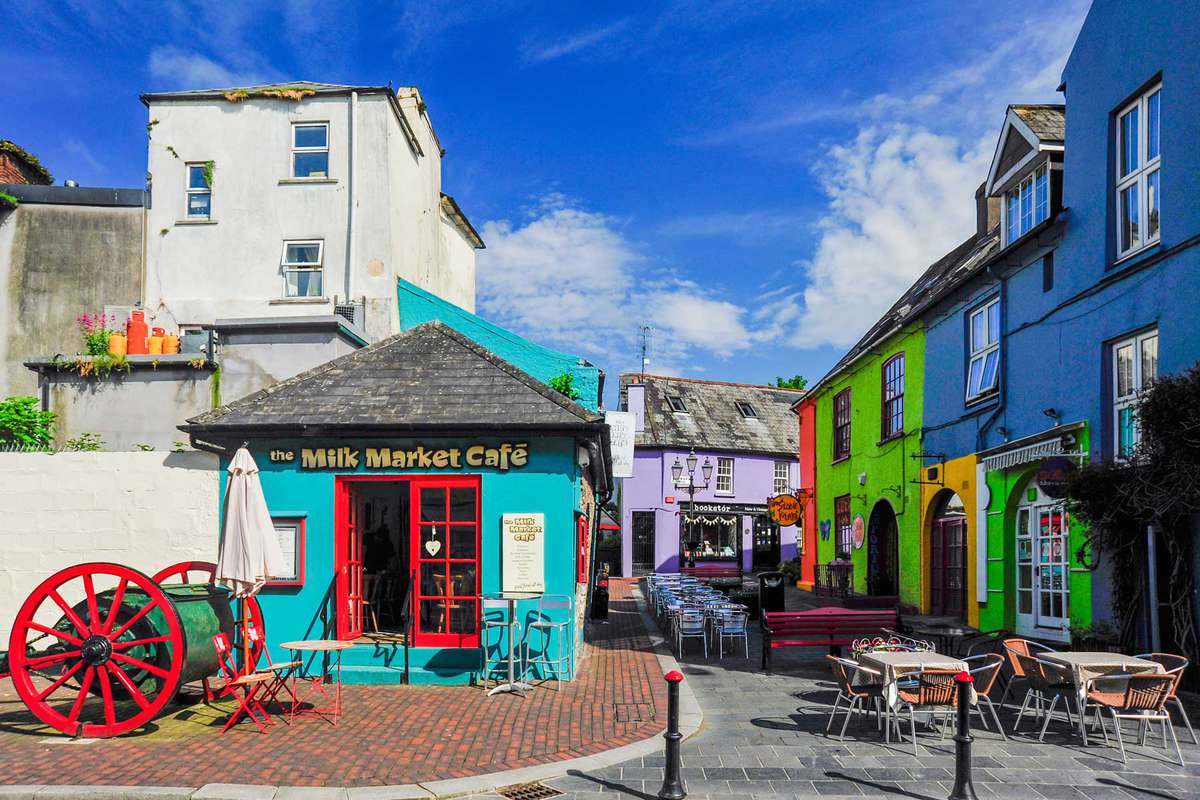
Editor's Note: Those who choose to travel are strongly encouraged to check local government restrictions, rules, and safety measures related to COVID-19 and take personal comfort levels and health conditions into consideration before departure.
In recent years, more seniors have been considering retirement abroad, and quite a few have actually made the move. In fact, the Social Security Administration lists more than 700,000 Americans receiving their monthly payments in various foreign countries. Retirees cite a number of reasons for spending their leisure years overseas.
Cost of living is a factor for many, but not all. A few popular retirement destinations in Europe have living expenses comparable to the U.S., but weather, ambience, culture, and environment are other influential components. With recent access to DNA testing and increased interest in learning about family roots, some retirees are intrigued by experiencing the culture of their ancestors. Others may have enjoyed vacations in Europe and want to spend more time there. And while many retirees head for tropical islands, budget-friendly countries, and nearby destinations, Europe has been attracting its fair share in recent decades.
Each country has different rules on visas and residency qualifications, but in general, most require evidence of a minimum income level and private health coverage. Many have restrictions on retirees having jobs or owning property, while others have provisions for both. Americans living abroad must still file a federal tax return, and some countries have treaties that prevent double taxation on retirees' income. Keep in mind medicare does not pay for health care abroad, and some European countries allow legal residents to participate in national health programs.
With so many considerations, it's advisable to obtain professional advice on taxes as well as research health care, visa and residency requirements, rental costs, infrastructure, and language. The U.S. State Department is an excellent resource for anyone considering retirement abroad.
To help, we've looked into some of the more popular European retirement destinations, but keep in mind that laws, politics, and financial requirements can change, so lots of research, planning, and extended visits will help with selecting a retirement home.
Algarve, Portugal
Gorgeous white-sand beaches, warm Atlantic waters, ideal year-round weather, and an array of outdoor activities are guaranteed in this southern coastal region of Portugal. The nearby historic town of Silves provides a glimpse into the past, with Moorish architecture dating as far back as the eighth century. Considered one of the best places in the world to retire, the Algarve also offers an extraordinary selection of golf courses, a healthy lifestyle, Mediterranean diet, and low cost of living. English is widely spoken, and legal residents are able to register with the National Health Service to receive an SNS card granting access to public hospitals and health centers, paying for services as they go.
Health insurance is required as a condition of receiving a residence permit (in addition to a passport and proof of income), but retirees may wish to secure an international health insurance policy upon arrival after comparing rates and coverage. Retirees wanting to stay longer than three months must apply at a local consulate for a residence permit, which is valid for five years. They can apply for a permanent permit when that expires. No visa is needed for stays of fewer than 90 days within a six-month period.
Income is generally taxed, but Portugal offers 10 years with no tax on retirement pensions under certain qualifications of its Non-Habitual Resident (NHR) program.
Bordeaux, France
A lovely port city located in southwestern France along the Garonne River, Bordeaux enjoys warm summers and mild winters. Conveniently situated a short drive from the Atlantic Ocean and close to a multitude of renowned wineries, the city has much to offer both visitors and residents. Museums, galleries, concert halls, public parks, restaurants, cafes, outdoor markets, and lively nightlife are all plentiful.
Bordeaux has a modern transportation system connecting it to various cities in France as well as other European destinations by high-speed trains. France's universal healthcare system provides that those who live in the country for three consecutive months and stay for a minimum of 183 days per year are eligible to apply for public health care. Private health insurance policies are available for those who are not eligible. France's healthcare system has been recognized as one of the best in the world.
A long-stay visa is required to remain in France for more than 90 days, and this must be obtained while still in the United States. Documents needed by your local French consulate include a passport, extra photos, and proof of the following: financial self-sufficiency, international medical insurance, and where you plan to live in France.
Budapest, Hungary
With an attractive cost of living, beautiful historic buildings, excellent restaurants, thermal baths, and friendly citizens, Budapest is becoming a popular retirement destination for both Europeans and Americans. Compared to New York City, the cost of living in Budapest is said to be about 57% lower, and the rents are, on average, 83% lower. Modern apartments are available at a higher cost.
Although a member of the European Union, Hungary uses its forint as currency. A rich culture, vibrant nightlife, and a location on the Danube have attracted expats from various countries. Another bonus: English is commonly spoken.
Foreigners are permitted to buy property, and health care is very good. Groceries and restaurant prices are reasonable, and delicious wine is available at a fair cost. Foreign retirees are able to obtain permanent residency after three years of continuous living in Hungary (without an absence of more than 90 days annually), along with proof of financial responsibility, a deposit in a local bank, and property ownership.
Ljubljana, Slovenia
This capital city of about 295,500 is becoming known as a retirement destination for both Europeans and Americans. A member of the European Union since 2004, Slovenia gained independence in 1991. The nation has a long history of winemaking and several UNESCO World Heritage sites. Spas, casinos, and resorts also provide opportunities for things to do within the country. A mix of old and modern, Ljubljana, in particular, offers access to beaches, ski resorts, golf courses, lakes, and mountains.
The cost of living here is attractive, and for comparison, about 41% lower than New York City. U.S. citizens must start by applying for a one-year temporary visa, and after five years of living in the country, they may apply for permanent residence. A visa is generally not necessary for stays of up to 90 days. Health care is considered adequate, and many people purchase private health insurance if they are not eligible for the public program. Income is taxable on residents, but double taxation may be avoided with proper IRS filing.
Split, Croatia
Growing in popularity as a tourist destination, Croatia is also quite attractive as a retirement location. Not only does the country have approximately 3,600 miles of coastline, but warm, dry summers and mild winters along the coast create a desirable climate in Split, Croatia's second-largest city. The Roman emperor Diocletian built his palace in Split, and its remains have been designated as a UNESCO World Heritage site. Restaurants, bars, cultural and entertainment venues, and many English-speaking residents make it relatively easy to adapt.
U.S. citizens who intend to stay longer than 90 days must apply for a temporary residence permit, which is valid for a year and can be renewed. Permanent residency status is not available until after five years as a temporary resident. U.S. citizens may legally purchase real estate in Croatia. Health care is considered adequate, and English-speaking doctors are available.
Alicante, Spain
Alicante, located along the Mediterranean Sea in southeast Spain, offers a selection of exquisite beaches, wonderful restaurants, dynamic nightlife, and glimpses into its historical past. Reasonably priced dining options range from elegant to casual, with fresh seafood, amazing views, and breathtaking sunsets. The Alicante Central Market is popular among visitors and residents, and it offers a selection of fine Spanish wines, cheese, seafood, meats, and fresh fruits and vegetables.
It's also well connected to major Spanish cities by an excellent transport system and served by Alicante-Elche Airport. In short, Alicante is both large enough to provide the amenities of a city and small enough to remain friendly, cozy, and authentic.
Affordable housing ranges from $500 a month (for a one-bedroom rental apartment) to $90,000 (for purchase). In addition to its stellar public healthcare system, private health care in Spain is exceptional and affordable with state-of-the-art equipment and highly trained doctors. Those from outside the European Union wishing to retire in Spain should contact their local Spanish embassy to apply for a long-stay retirement visa, which must be renewed annually. A temporary residence visa is required for stays longer than 90 days. After five years, you can apply for permanent residency.
Valletta, Malta
Valletta is the tiny capital city of Malta, a country composed of three islands in the Mediterranean Sea about 60 miles south of Sicily. It is built on high ground between two harbors overlooking a rugged coastline. Beautiful sandy beaches are within a 30-minute drive, and public transportation is available. Though small in size, this UNESCO World Heritage site prides itself on its rich history with architecture dating back to the 16th century.
The city is walkable, meaning it's easy to navigate and associate with other residents and expatriates. The main language besides Maltese is English, and a large number of expatriates are from the U.K., Australia, and mainland Europe.
Malta, in general, is an affordable retirement option. One-bedroom apartments just outside the capital city of Valletta rent for as low as $750 a month. Groceries and restaurant dining are also reasonably priced.
Private health care in Malta is recommended for non-EU expatriates, and is both highly rated and inexpensive compared to U.S. options. Malta and the U.S. have a treaty in place for relief from double taxation on income. Plus, residence can be established in several ways, making relocation to Malta accessible for retirees.
Kinsale, Ireland
Situated on the southern coast of the Republic of Ireland, Kinsale is a historic town with beaches, marinas, a yacht club, fishing, and diving. For retirees who enjoy the outdoors, this could be an ideal spot. Cycling, hiking, horseback riding, and strolling through the quaint town are favorite pastimes. One of the country's most beautiful golf courses, Old Head, is nearby, and even for non-golfers, it's still perfect for a walk among sea breezes and stunning views.
English is spoken, of course, and foodies will appreciate the restaurants, fresh seafood, and perhaps even cooking classes at the Kinsale Gourmet Academy. Weather is mild, and there's lots of coastline to explore. Living costs are comparable or slightly higher than in the United States, although expenses vary from big cities like Dublin to small towns.
In order to stay beyond three months, visa applicants must prove adequate income (around $60,000 annually) and substantial savings. Temporary residence visas can be renewed annually for five years, when the visa period is extended to five years. Private health coverage is advised, and health care is considered good.
Prague, Czech Republic
This unique and captivating capital city is both ancient and modern, as well as particularly welcoming to foreigners. It's home to more than 120,000 expatriates and a growing number of retirees.
Nicknamed the City of a Hundred Spires, Prague was mostly spared in World War II, as evidenced by its colorful Baroque and Gothic churches and architecture. Its entire Old Town has been named a World Heritage site, yet it is a modern city with high standards of living, world-class art and museums, diverse cuisine, historic pubs, and an unmatched selection of beer — all at affordable prices.
Rents just outside the city center are reasonable, and apartments are modern and well equipped. Centrally located in Europe, Prague is a great base to explore all of the continent. Plus, its healthcare system is among the best in Europe. Health insurance is mandatory, and costs are reasonable with high-quality, well-trained doctors, many of whom speak English. U.S. citizens or others residing outside the European Union wishing to retire in Prague must obtain a long-term visa, beginning with an application at their most convenient Consulate General of the Czech Republic. Permanent residence can be applied for after living legally in the Czech Republic for five years.
Source: Read Full Article










